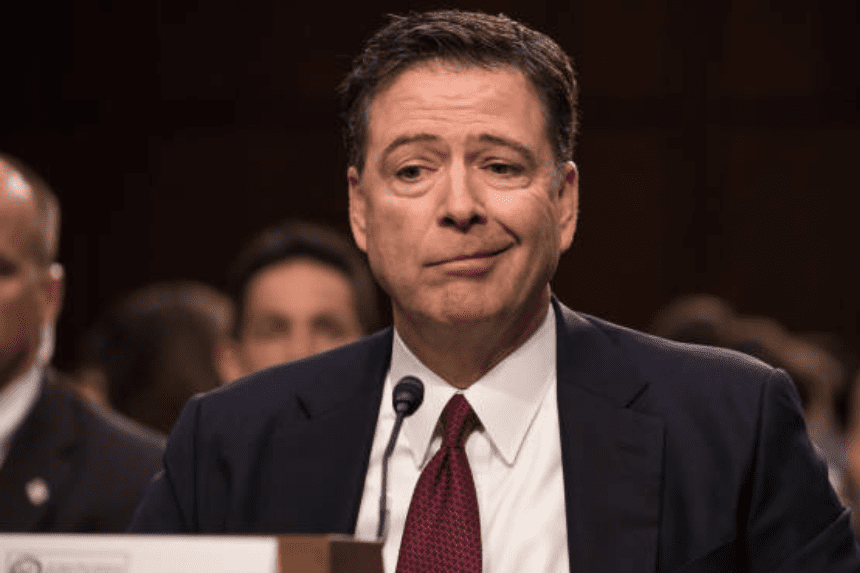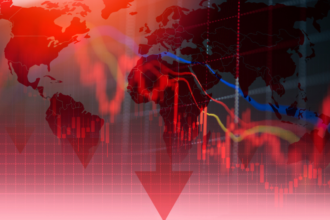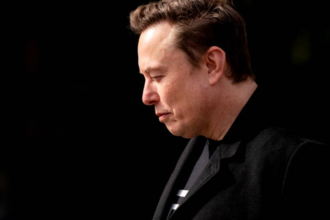The recent Comey indictment has intensified the political debate surrounding the U.S. Department of Justice and its independence under former President Donald Trump. Just days after Trump publicly called for legal action against his critics on social media, former FBI Director James Comey was indicted on two federal charges—making false statements and obstruction of justice.
This decision, announced by the Justice Department, is drawing widespread scrutiny from legal experts and political analysts. Many are now questioning whether this prosecution reflects a commitment to justice or a move driven by political retribution.
Why Was James Comey Indicted?
The Comey indictment stems from his 2020 testimony before the Senate Judiciary Committee. Prosecutors allege that Comey lied about whether he had authorized the release of classified information to the press during a sensitive FBI investigation. He also faces an obstruction charge, with claims that he intentionally misled lawmakers to influence their inquiry.
The charges follow a grand jury review, which concluded that enough evidence existed to proceed with prosecution. However, the timing, just after Trump’s social media post demanding action, has fueled speculation about political interference. Here is the link to our article on Indigenous Justice.
Is the Justice Department Being Politicized?
Critics argue that the once-clear boundary between the White House and the Department of Justice has collapsed. Attorney General Pam Bondi, a close Trump ally, issued a statement calling the charges an example of holding powerful figures accountable. Yet legal scholars are warning that this case could set a dangerous precedent.
Laurie Levinson, a former federal prosecutor, highlighted that a sitting or former president publicly calling for indictments is nearly unprecedented. Legal independence, she suggested, is at risk if prosecutions appear to be ordered from the top down.
Who Is Leading the Case Against Comey?
After the resignation of Erik Siebert, the former U.S. Attorney for the Eastern District of Virginia, Trump appointed Lindsey Halligan—his former personal lawyer with no prior federal prosecutorial experience—to the position. Halligan quickly took the case before a grand jury, which agreed to indict.
This move has raised additional concerns. Critics argue that replacing career prosecutors with loyalists undermines the integrity of the justice system. However, supporters of the decision insist that the charges are legally sound and based on substantial evidence. Here is the link to our article on Mamdani Politics.
What Could Come Next?
Legal analysts suggest the Comey indictment could open the door to additional prosecutions. Trump had also called for investigations into other political adversaries, including Senator Adam Schiff and New York Attorney General Letitia James. If these calls lead to formal charges, the perception of politically motivated justice may deepen.
In Comey’s case, legal experts say the trial could revisit aspects of the Russia investigation, even if the current charges are not directly related. The original inquiry found interference by foreign actors in the 2016 election but did not tie those actions directly to Trump.
Final Thoughts
The Comey indictment marks a significant moment in the intersection of politics and law enforcement in the United States. While the Department of Justice maintains that the case is grounded in evidence, the surrounding circumstances raise critical questions about political influence and prosecutorial independence. As the trial progresses, the public will be watching closely—not just to see the outcome, but to understand what it means for the future of democratic accountability.








